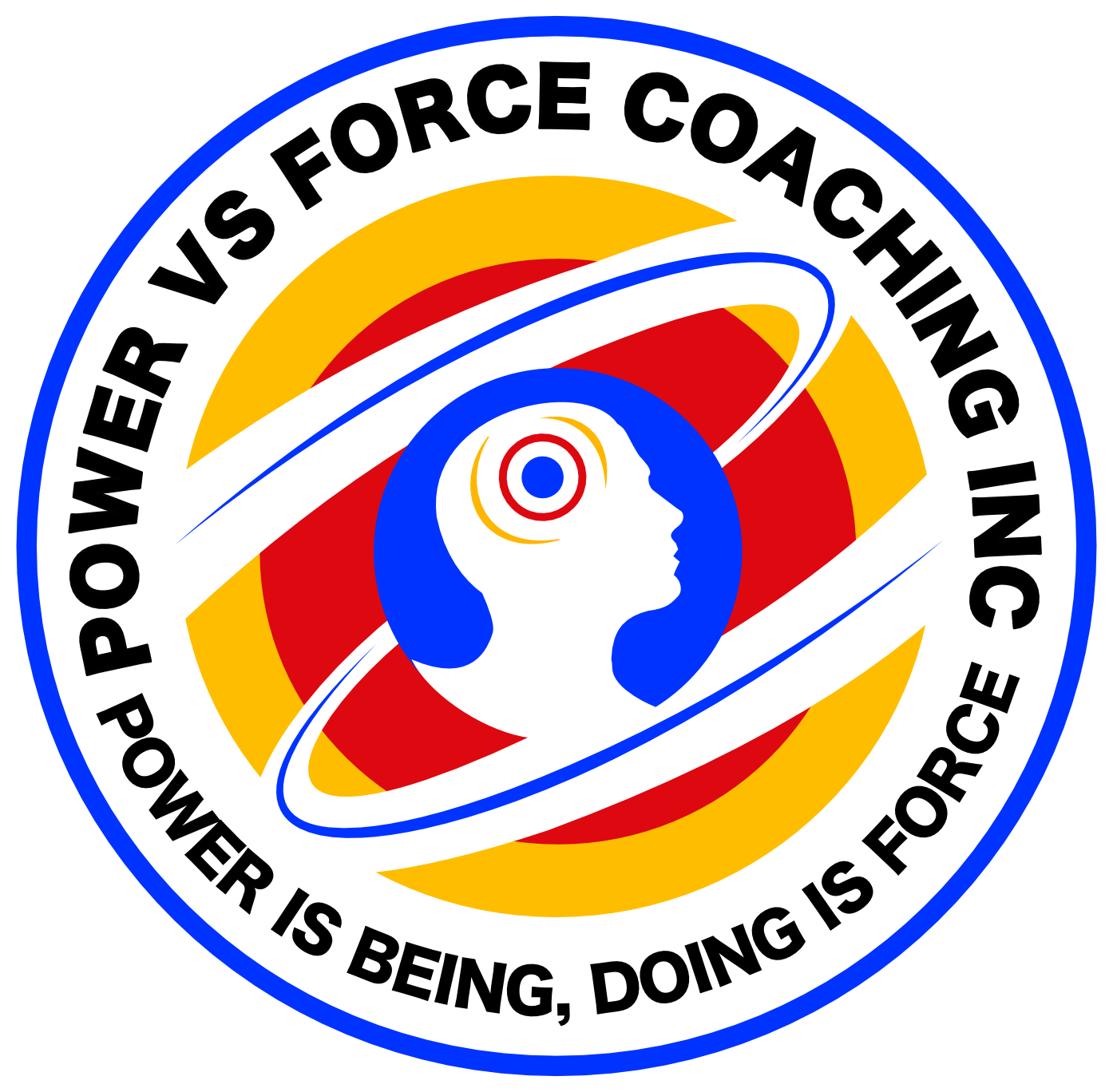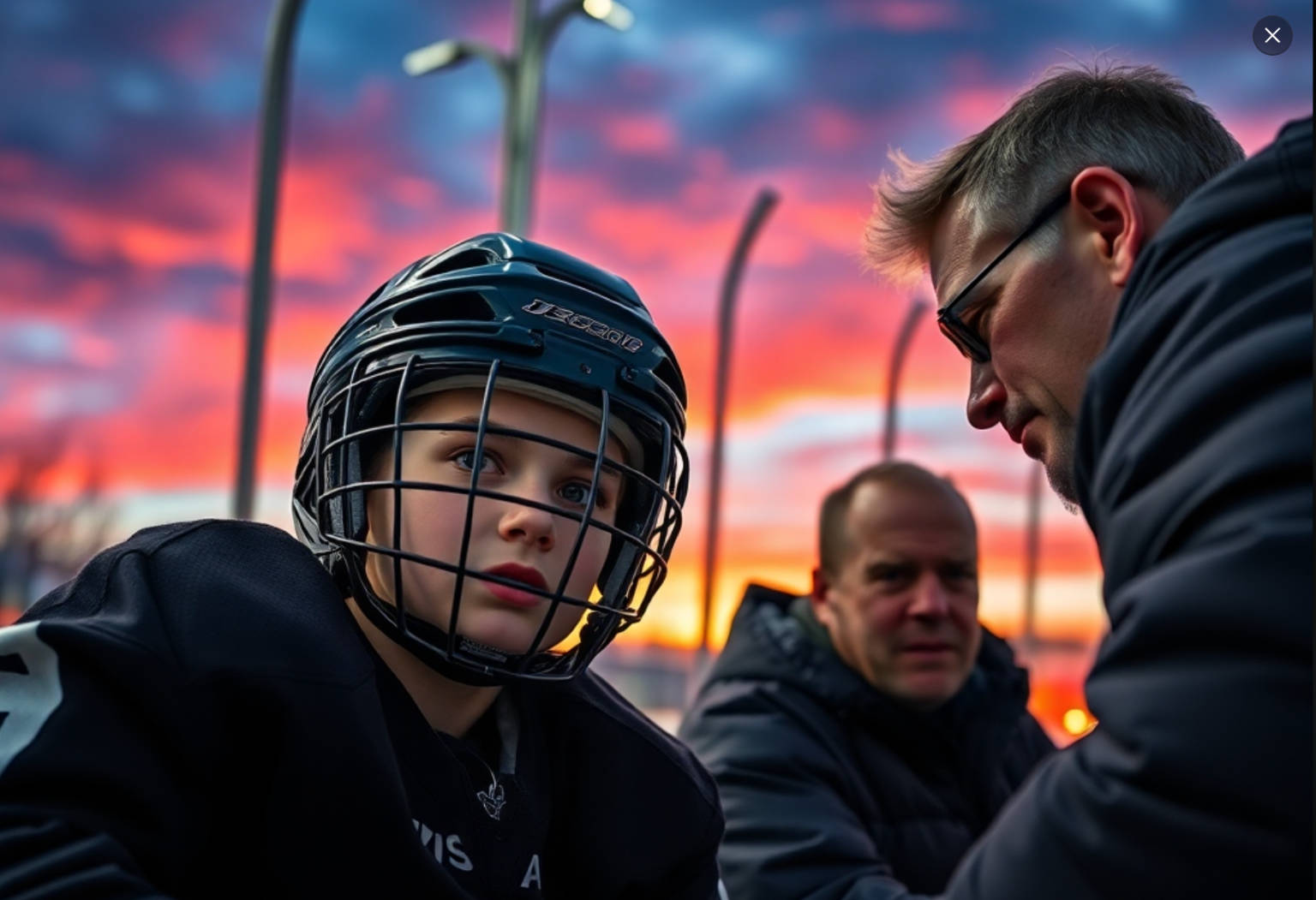Insights from a COR.E Performance Dynamics Specialist
Being a parent of a young hockey player can be a rewarding and exciting journey. Hockey provides children with valuable life lessons, teamwork, and the thrill of competition. As a COR.E Performance Dynamics Specialist, I understand the critical role parents play in a child’s hockey development. It is not just about cheering from the sidelines; it’s about fostering an environment where your child can thrive both on and off the ice. In this article, I will share insights and strategies on how to be an effective and mindful hockey parent, ensuring that your child’s hockey experience is positive and growth-oriented.
- Understand Your Role – The first step in becoming an effective hockey parent is understanding your role in your child’s hockey journey. Your role should primarily be one of support, encouragement, and guidance. While it’s natural to want your child to succeed, it’s essential to remember that the coach is responsible for the technical and strategic aspects of the game. Your role is to provide emotional and moral support. You are a key member of their success posse.
- Encourage a Growth Mindset – One of the most valuable lessons your child can learn from hockey is resilience and a growth mindset. Emphasize the importance of effort, practice, and learning from mistakes rather than focusing solely on winning. Praise your child’s hard work and dedication, regardless of the outcome of the game. This approach fosters a love for the game and a passion for self improvement.
- Avoid Over-Competitiveness – While competition is an integral part of sports, it is crucial not to become overly competitive as a parent. Encourage your child to set personal goals and enjoy the process rather than obsessing over winning at all costs. Although, hockey can be a ‘what have you done for me lately?’ sport, your parental influence can go a long way to them enjoying the game. Remember that sports should be about fun, skill development, and personal growth.
- Be Mindful of Your Reactions – Hockey games can be intense, and emotions can run high. It is essential to be mindful of your reactions during games. Avoid yelling at referees, coaches, or other players, as this sets a poor example for your child. Focus on positive and constructive, supportive feedback rather than criticism. Your child will perform better on the ice and enjoy the game more if they feel supported rather than pressured.
- Balance Hockey and Other Activities – While hockey is undoubtedly an essential part of your child’s life, it is crucial to maintain a healthy balance between hockey and other life activities. Encourage your child to participate in various sports and hobbies to develop a well-rounded skill set and avoid burnout. A diverse set of experiences can also benefit their overall development.
- Teach Time Management – Hockey demands dedication and time commitment, but it is also essential to teach your child time management skills. Help them balance schoolwork, social activities, and hockey effectively. Learning time management early in life will serve them well in the long run. Allow space for them to make some decisions for themselves.
- Emphasize Education – While hockey is a significant part of your child’s life, it’s essential to emphasize the importance of education. Encourage them to excel in school and prioritize their academic responsibilities. A strong educational foundation can open up more opportunities in the future.
- Support Their Independence – As your child grows and develops, it is vital to support their growing independence. Encourage them to take responsibility for their hockey equipment, schedules, and other aspects of their hockey journey. This independence will foster self awareness, self-confidence and life skills.
- Promote Healthy Habits – Hockey requires physical fitness and endurance. Encourage your child to adopt healthy habits such as proper nutrition, hydration, and adequate sleep. These habits are essential not only for hockey but for their overall well-being.
- Be a Positive Role Model – Children often learn by example, so strive to be a positive role model in all aspects of life. Demonstrate sportsmanship, integrity, and respect for others. Your behavior both on and off the ice will influence your child’s values, beliefs and attitudes.
- Communicate Openly – Maintain open and honest communication with your child. Encourage them to share their thoughts and feelings about their hockey experiences. Listen attentively to their concerns and provide guidance when needed. Effective communication strengthens the parent-child trust bond and helps your child navigate challenges.
- Manage Expectations – It is essential to have realistic expectations for your child’s hockey journey. Not every player will become a professional athlete, and that is perfectly fine. Focus on the personal growth and life skills your child gains from playing hockey rather than solely on their performance.
Being an effective and mindful hockey parent is about creating an environment where your child can flourish in their hockey journey while developing essential life skills. Remember that your role is one of support, encouragement, and guidance. Emphasize a growth mindset, prioritize personal development over winning, and maintain a healthy balance between hockey and other aspects of life. By following these strategies, you can ensure that your child’s hockey experience is not only enjoyable but also enriching and growth-oriented.
As a COR.E Performance Dynamics Specialist, I believe in the power of mindful parenting to nurture young athletes into confident, resilient, and well-rounded individuals on and off the ice.





